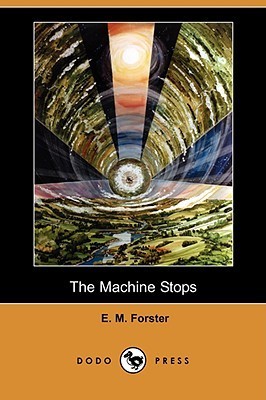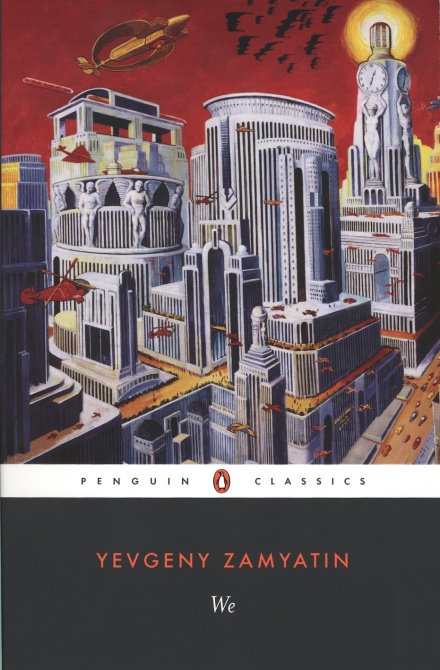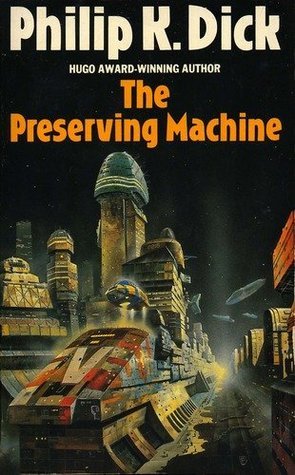
The Machine Stops
Book Description
In a world where humanity has retreated underground, life is orchestrated by an all-powerful Machine that provides comfort and convenience—until the unthinkable happens. Vashti lives in a reality of sterile perfection, but her complacency is shattered when her son Kuno dares to challenge the system. As the Machine begins to falter, secrets unravel and relationships are pushed to the brink. Will they find the courage to confront a life beyond the confines of their screens, or are they destined to remain enslaved by their own creation? Can true human connection survive in a world that has forgotten the outside?
Quick Book Summary
"The Machine Stops" by E.M. Forster is a prescient science fiction story exploring a world where humanity has retreated underground, utterly dependent on a global Machine for all aspects of life. Vashti, a devout believer in the Machine, lives in isolation, communicating only through advanced technology. Her son Kuno, however, yearns for authentic experience and challenges the Machine's omnipotence, ultimately venturing to the surface against all rules. As the Machine begins to irreparably break down, Vashti and others confront the devastating consequences of their reliance on technology. The story raises urgent questions about human connection, the dangers of technological complacency, and whether true humanity can survive in an artificial world.
Summary of Key Ideas
Table of Contents
Dependence on Technology
Forster’s story takes place in a distant future where the surface of the Earth is largely uninhabitable. Humanity has moved underground, living in identical cells provided with every comfort and necessity by an all-encompassing Machine. People rarely leave their rooms, relying on the Machine for communication, fulfillment of needs, and intellectual stimulation. Society has become passive, worshipping the Machine to the point where it takes on religious significance, and original thought or physical travel is discouraged.
Isolation and Loss of Human Connection
Vashti, a lecturer and devotee of the Machine, epitomizes the new human condition—content in her comfort, dismissive of the surface world, and suspicious of physical proximity. Her son, Kuno, represents the rare individual who questions the status quo. He longs to experience the real world and meaningful human interaction. His clandestine trip to the surface—an act forbidden and punishable—reveals both the natural beauty lost to most people and the price of their collective surrender to the Machine.
Individualism versus Conformity
Kuno’s insight that the Machine is not infallible unsettles Vashti, who, like most, believes in its perfection. However, the Machine’s gradual failure—mechanical breakdown, interruptions in the provision of services, and loss of communication—exposes the fragility of the system and the dangers of overdependence. The inhabitants’ inability to respond or adapt demonstrates how their cognitive and emotional faculties have atrophied. Their blind reverence prevents effective action even as their environment collapses.
Consequences of Complacency
As the Machine deteriorates, relationships and society devolve. People, conditioned to avoid intimacy and suspicious of nonconformity, are unable to forge alliances or develop resilience. Vashti’s relationship with Kuno becomes strained, exemplifying the broader loss of genuine human connection. Ultimately, the collapse of the Machine leads to chaos and the death of most inhabitants, while Kuno’s final reflection is a brief hope for a renewed human existence rooted in real experience and empathy.
The Search for Meaning Beyond Systems
"The Machine Stops" serves as a cautionary tale about the perils of unchecked technological advancement and the dangers of convenience that leads to complacency. Forster’s narrative compels readers to reflect on the value of authentic human relationships, the necessity of questioning authority, and the enduring need to remain connected—both to each other and to the world beyond our creations.
Download This Summary
Get a free PDF of this summary instantly — no email required.





